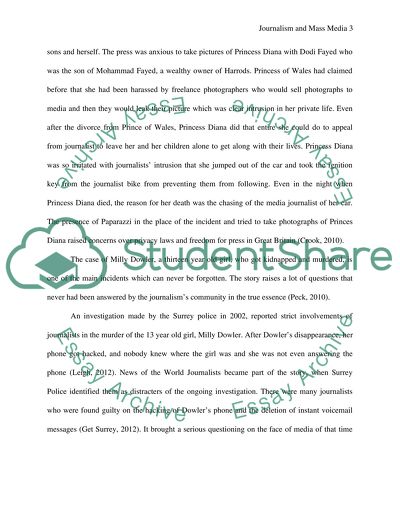Cite this document
(“Media law and ethics Essay Example | Topics and Well Written Essays - 4000 words”, n.d.)
Retrieved from https://studentshare.org/journalism-communication/1401017-media-law-and-ethics
Retrieved from https://studentshare.org/journalism-communication/1401017-media-law-and-ethics
(Media Law and Ethics Essay Example | Topics and Well Written Essays - 4000 Words)
https://studentshare.org/journalism-communication/1401017-media-law-and-ethics.
https://studentshare.org/journalism-communication/1401017-media-law-and-ethics.
“Media Law and Ethics Essay Example | Topics and Well Written Essays - 4000 Words”, n.d. https://studentshare.org/journalism-communication/1401017-media-law-and-ethics.


